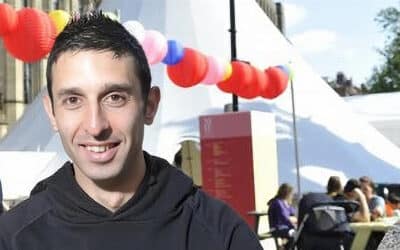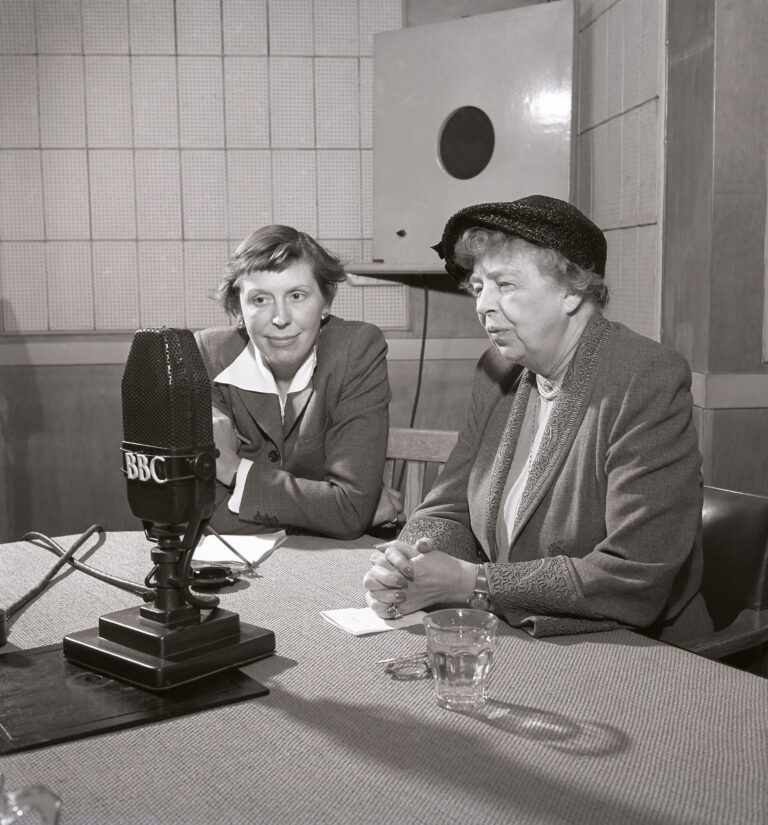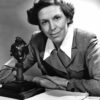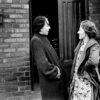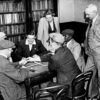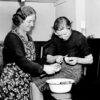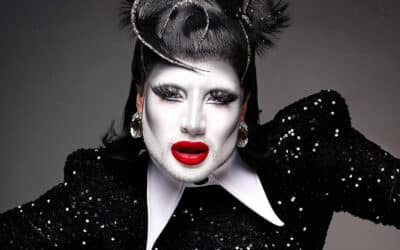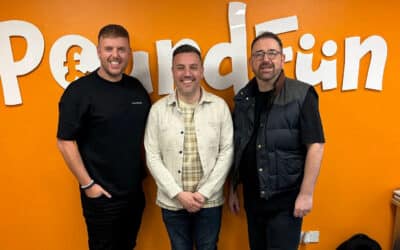The latest release of material from the BBC’s Oral History collection shines a light on Olive Shapley, one of Manchester’s key figures and a pioneer of social documentary in the North from the 1930s.
The release this week makes public for the first time her comments from 1984 on her work in Manchester and includes comments on creating the first social documentaries in the region, her preference for the North as a location, and why she preferred giving a voice to ordinary people.
The North Region was by far the largest headquarters in BBC’s ‘regional’ system, stretching from the Scottish borders to Lincolnshire. Between the wars, it was also North Region, more than any other, which developed a distinctive character and style: it was the North that best reflected working-class life in all its variety and richness.
In the interview Shapley said: “As a Londoner, I wanted to live in the North. There was a lady trying to buy a hat for a wedding, and every one she tried on, the girl fell about saying, “Aye, love, you look terrible.” I thought, “It was never like this in London,” and I knew then it was the North for me.”
Shapley was the first producer to routinely leave the studio behind. Using enormous mobile recording vans to travel across the region, she’d interview people in their own homes or workplaces, encouraging them to speak into the BBC microphone as naturally as possible.

